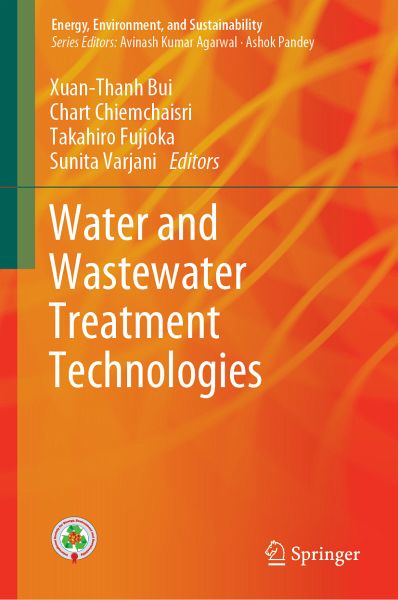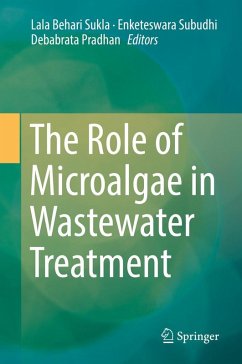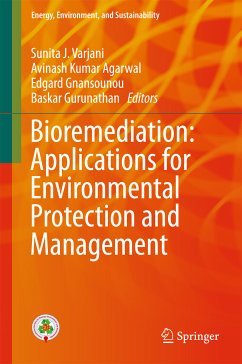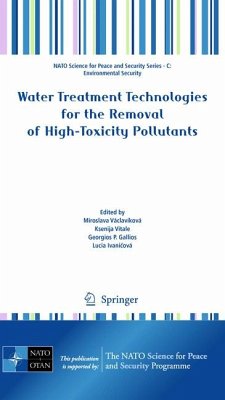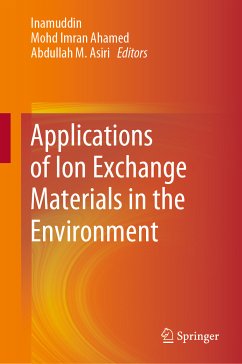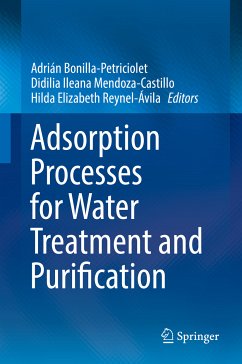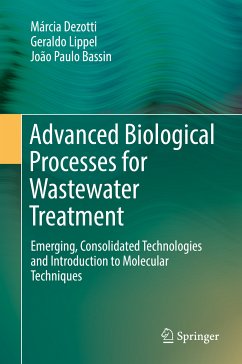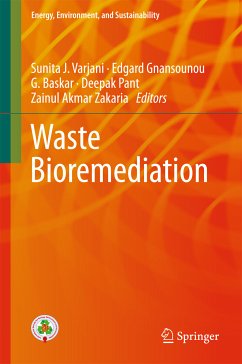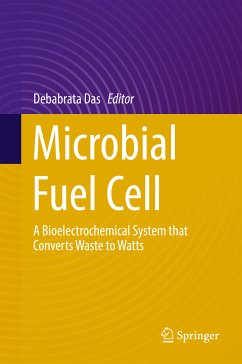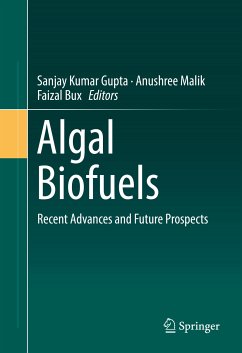Bui Xuan Thanh (PhD) is an Associate Professor and Head of the Department of Water Science and Technology at the Faculty of Environment and Natural Resources, Ho Chi Minh City University of Technology, Vietnam. He completed his PhD in Environmental Engineering at the Asian Institute of Technology, Thailand and the Institut National des Sciences Appliquées de Toulouse, France. His research interests include membrane separation processes, water and wastewater treatment processes, biological processes, advanced oxidation processes, solid waste treatment and management, and green technology for climate change adaptation. He has authored more than 45 journal articles and 10 chapters and holds 2 patents. Chart Chiemchaisri (PhD) is an Associate Professor and the Associate Dean for Research at the Faculty of Engineering, Kasetsart University, Thailand. He received his PhD in Environmental Engineering from the University of Tokyo. His research interests include membrane technology for water and wastewater treatment and reuse, landfill technology for solid waste disposal, greenhouse gas emissions from solid waste, and wastewater management. He has published more than 100 international refereed journal papers from 1991 to date and also served as associate editor/editorial board/guest editor for several international journals, e.g. the Journal of Water Sustainability, Agricultural and Natural Resources, Bioresource Technology, Desalination and Water Treatment etc. Takahiro Fujioka (PhD) is an Associate Professor at the Graduate School of Engineering, Nagasaki University, Japan. He completed his PhD at the University of Wollongong, Australia. His research interests centre on water reuse using membrane technologies, and he has published 36 international journal papers. Sunita Varjani (PhD) is a scientific officer at Gujarat Pollution Control Board, Gandhinagar, India. She holds an MSc degree inMicrobiology (2009) and PhD in Biotechnology (2014). Her major areas of research are industrial and environmental microbiology/biotechnology and molecular biology. Dr Varjani has authored 35 publications and has won several awards and honours, including the Young Scientist Award at the AFRO-ASIAN Congress on Microbes for Human and Environmental Health, New Delhi (2014) and Best Paper Awards for oral presentations at national and international conferences in 2008, 2012 and 2013. She is a member of the editorial board of the Journal of Energy and Environmental Sustainability.
